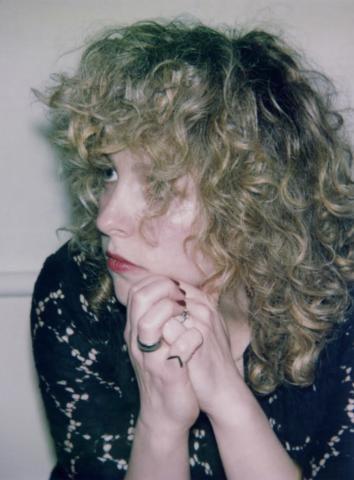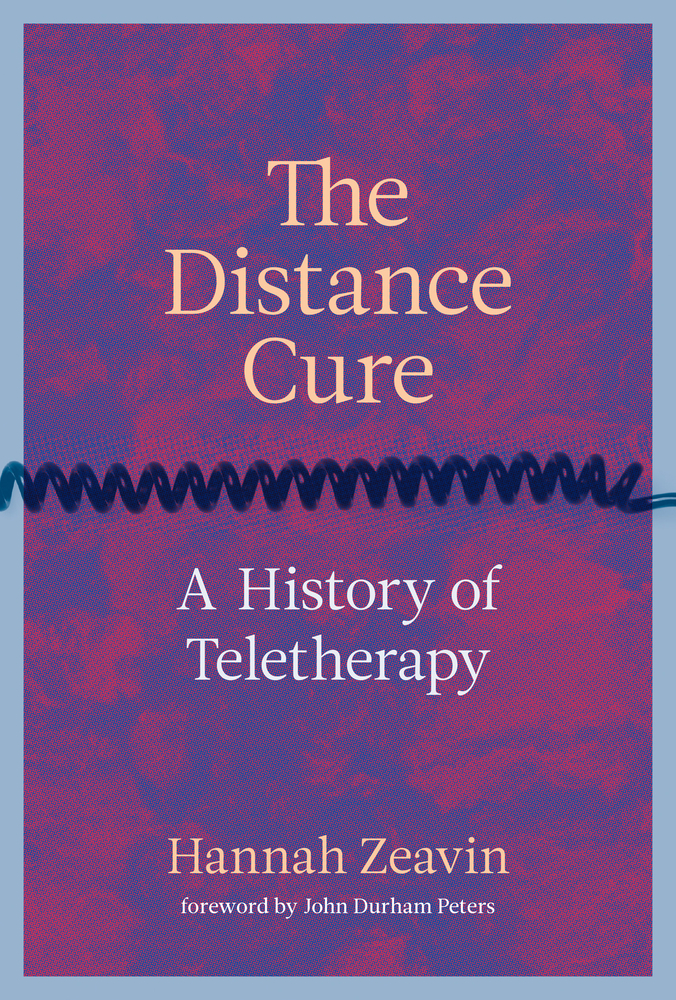
All Freud's Children: A Story of Inheritance
The project:
All Freud's Children is a group biography of noteworthy psychoanalysts and their children—beginning with Sigmund and Anna Freud—that traces some of the most significant contributions of psychoanalysis back to their intimate origins. Framed by personal reflections from the author’s own experience of being raised by analysts, it examines how the home lives of these thinkers—including the development and inner lives of their children—shaped the theories that made them famous.
From All Freud's Children:
My son demands that I chase him. He wants me to be both predator and enveloping “mama,” and he will be the little bunny. “Chase me,” he exclaims as I close my laptop. As we near the completion of a loop, he turns back around and shouts, “Save me, Mama, a predator is after me,” and I scoop him up and say, “Of course I will protect you.” We march off to our burrow, the couch. Then the demand comes again. “Chase me.”
I understand that I will protect him, as best I can. I also know, like all parents, the work of being his mother will include becoming acquainted with failing to do so. Here, he shows me that I must protect him not only from the world out there, but from the part of me that persecutes him, chases him, consumes him, kills him. I also understand that this is impossible: the predation has already taken place, which is how he knows how to play it through.
I recount this story to my mother, and others like it, such as my child’s sudden bravery around heights or some other triviality we alone treat as holy. She delights—then she remarks, “See, it’s . . .”—then launches into a psychoanalytic formulation, leaning in like the manicurist in The Women, in giddy spirits, making a confession that takes the other as subject instead of oneself. She offers me an interpretation—“You see, Hannah, what he is doing is splitting”—deploying her analytic lore. On the occasion of chase me/save me, my mother’s interpretation, and mine too, is from psychoanalyst Melanie Klein. Splitting is the term Melanie Klein used for the behavior all infants take up unconsciously, to capture their experiences and cleave them “between wholly good ones with 'good' objects and wholly bad experiences with 'bad' objects.” Mother is both herself—good, beloved, savior—and not mother at all, an external threat that will eat him up alive.
Of course, we knew this long before Klein gave us a name for it. In the Bible, Solomon devises a test, a trap. Two women come forward to claim a baby. He offers to cleave the baby in two. The woman who refuses is understood to be the true mother, whatever that means. What Solomon doesn’t understand is that it is the child that fails this test—they must, to preserve their sanity, divide their parents into parts. Mother, predator, no matter. We are splitting creatures, trying to preserve the good from being touched by the bad. To do so, we will oscillate wildly, taking turns, like a game.
The grant jury: A ferociously intelligent investigation of psychoanalysis as a story of inheritance. Artful and astute, All Freud’s Children reveals how axiomatic theories are created from subjective experience and illuminates the humanity of the people who developed them. Hannah Zeavin’s field of play is the fraught and unexplored site of the analyst’s family as both subject and object of theories of psychoanalysis; the family romance, in other words, is even more central than we think. All Freud’s Children will prove a brilliant examination of what’s at stake when the particular is made to stand for the universal.
Hannah Zeavin is a scholar and editor, author of The Distance Cure: A History of Teletherapy and Mother Media: Hot and Cold Parenting in the 20th Century (forthcoming this April), both with MIT Press. Her criticism and essays have appeared in The Paris Review, The New York Review of Books, The New Yorker, Harper's Magazine, Bookforum, n+1, the Guardian, and elsewhere. Zeavin was also a recipient of a 2022 Work in Progress Grant from the Robert B. Silvers Foundation for an essay about the children of psychoanalysis, “Composite Case," which became the basis for this book. In 2021, Zeavin co-founded The Psychosocial Foundation and is the Founding Editor of Parapraxis, a new magazine for psychoanalysis. She works as an Assistant Professor of the History of Science at UC Berkeley.
Selected Works
